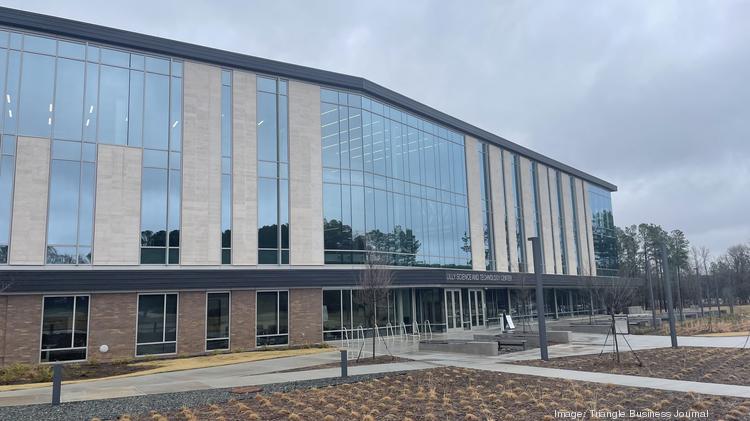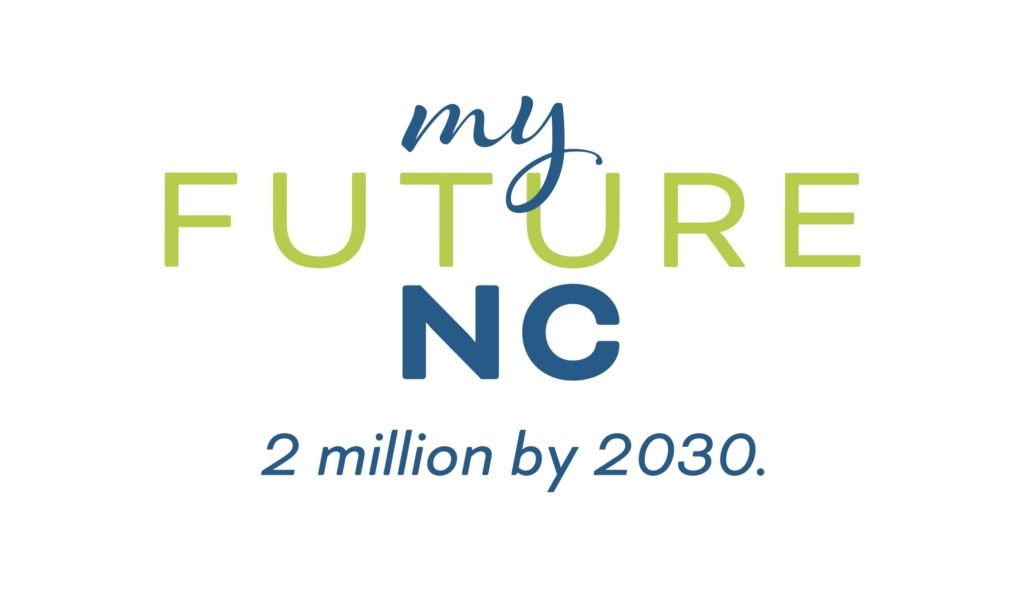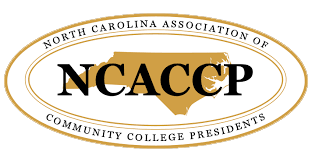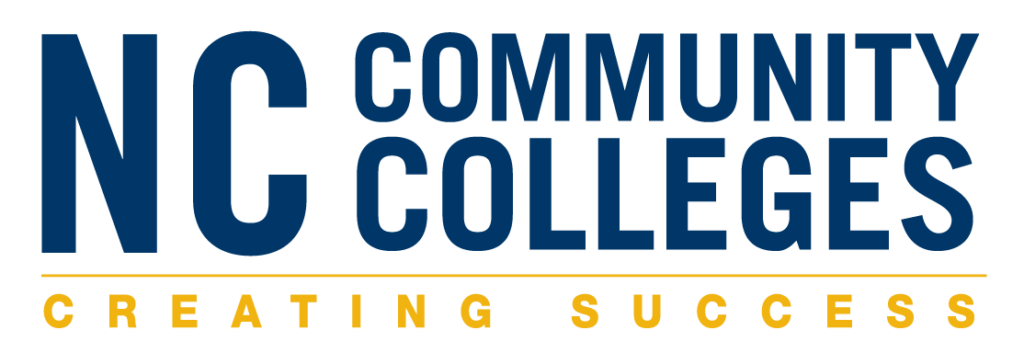By: The Triangle Business Journal
The community colleges in Wake and Durham counties contributed $1 billion and $305.9 million, respectively, to the local economy and supported thousands of jobs in fiscal year 2019, according to a recent economic impact study.
These evaluations of the colleges were part of a larger study that measures the economic value of all North Carolina community colleges and the system’s return on investment for students and taxpayers.
The State Board of Community Colleges discussed this study, and the overall system’s contribution of about $19.3 billion to the state economy, during a meeting in March. But the system earlier this month unveiled a website that features the full systemwide report and reports for each of its 58 colleges.
The report was completed by the labor market analytics firm Emsi/Burning Glass. The study includes data from academic and financial reports from the colleges, industry and employment data from the U.S. Bureau of Labor Statistics and other sources.
Wake Technical Community College’s economic activity, according to the report, supported 13,941 jobs. This includes jobs connected to money the college spent on operations and construction, as well as student spending and the impact of alumni among the county’s workforce. Based on these same factors, Durham Technical Community College supported 4,080 jobs.
The report estimates that for every $1 that Wake Tech students spend attending the college, including in missed wages they could’ve earned working, they will receive $3.20 in lifetime earnings. The college serves 30,952 credit-earning students and 36,286 non-credit students, according to the report.
Meanwhile, taxpayers, who sent $177 million to the college in fiscal year 2019, receive an investment return of $2.20 for every $1 spent on the college, according to the report. This return comes through the added tax revenue from students’ higher lifetime earnings and a reduced demand for government-funded services in the state.
For Durham Tech, the investment return for students and taxpayers were $3.60 and $1.50 for taxpayers, respectively, per every $1 spent, according to the report.
Information detailed in the report provides the system with data to take to legislators while advocating for financial support. In January, the community college state board approved a legislative agenda that requests a $244.52 million increase to the system’s budget over the next three years. The money would support raises for staff and faculty salaries, as well as resources for students.
The funding request follows the system receiving its largest funding increase in at least a decade in the state budget Gov. Roy Cooper signed last fall. The system’s net appropriations for each of the next two years is more than $1.4 billion – this included funding to raise the salaries of staff and faculty by 5 percent over the next two years.
In addition to looking at the economic of individual colleges, the report evaluated five programs at each school.
For instance, in fiscal year 2019, there were 324 students enrolled in Wake Tech’s biopharmaceutical technology program, of which 21 graduated with a certificate and 19 graduated with an associate degree that year. For every dollar these students invest in the program, they are estimated to earn back $5.80, according to the report.
In the latest state budget, lawmakers carved out $2 million to target and expand specific program areas identified in this report as having the greatest economic impact. The college system plans to release a request for proposals from colleges, with an aim to award the funding for fiscal year 2022-23.








